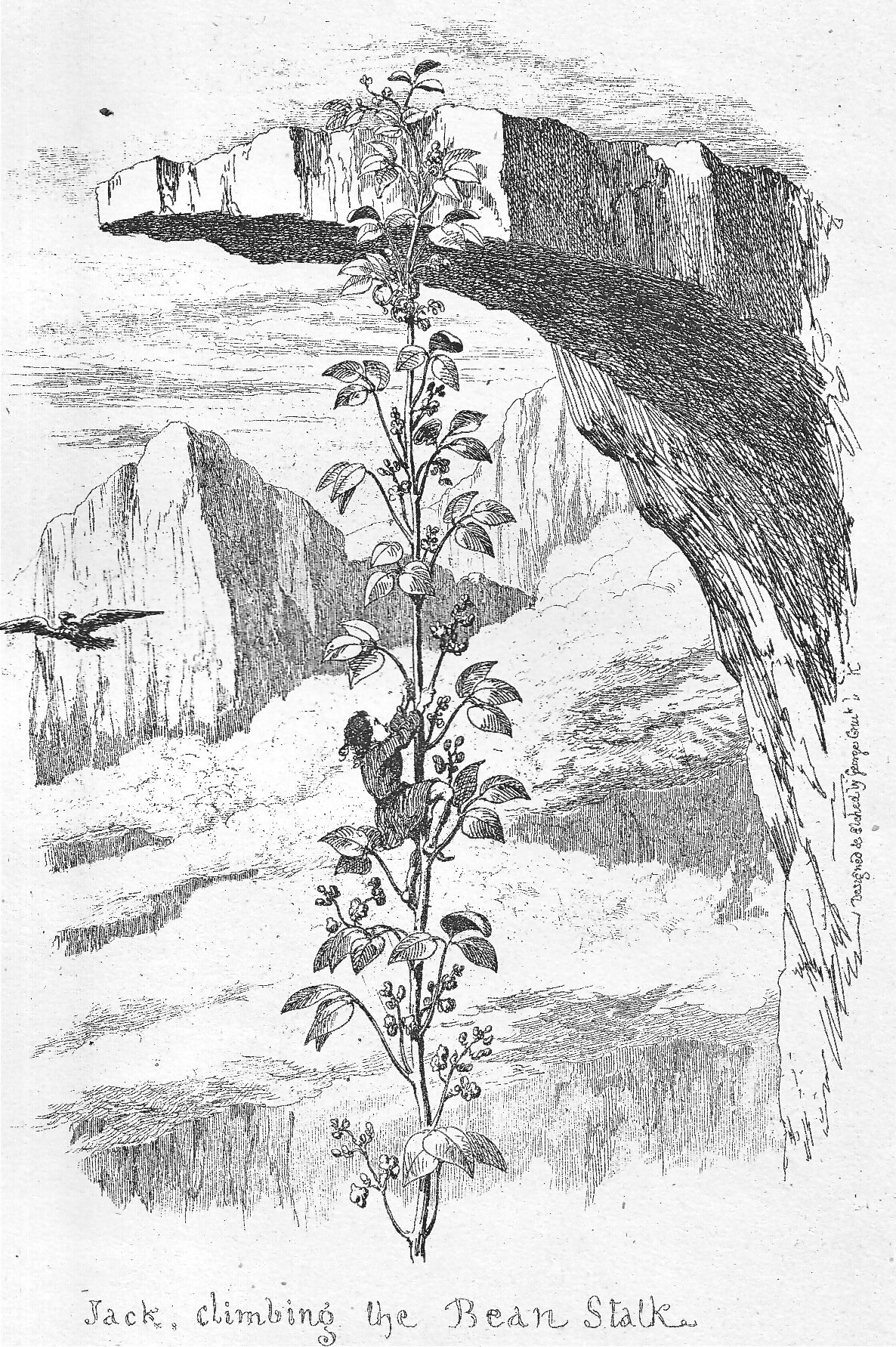Judgment Days: A Response to the Kissick and Tatol Articles
The composer La Monte Young remarked that if he doesn't transport his listeners to heaven, he's not doing his job. How many artists today work by such ambitious standards, let alone do their job? What do critics then do when artists go on a disorganized anti-art strike?
A Conversation with Michael Harrison
Bret Schneider delves into everything from Indian ragas to Bach’s recreation of the mind with composer and pianist Michael Harrison.
A Conversation with Katrina Krimsky
Bret Schneider speaks with composer Katrina Krimsky about her career spanning half a century.
Hearing in the Present Tense: On La Monte Young's Orphic Revolution
As if frozen in time, drone music has not developed as an art form since Young's Dream Houses, & has mostly been barbarized into a muddy ambience and cheap theatrics
Hyperacuity — Baudelaire’s Late Fragments
“But it is not specifically in the political institutions that one will observe the effect of universal ruin, or of universal progress — it hardly matters to what name it goes by. It will be seen in the degradation of the human heart.”
Disjecta Membra: Erik Satie
Personally, I associate Satie’s work with a feeling of the aridity that Nietzsche came to value over Wagnerism — the gentle sea-breeze in the highest mountains that wafts in from some strange land and tickles the senses with possibilities of spiritual freedom.
Groundwork for a Study of Maryanne Amacher
How did Amacher ultimately feel about being identified as a heroic “sound artist” instead of a hardworking composer who underwent a heroic rescue mission into the deepest undercurrents of music history?
from Poems of the Drone Years
A selection from Bret Schneider’s poetry cycle, Poems of the Drone Years
The Art of Gas
NFTs reveal that relational aesthetics and post-internet art have always been the same phenomenon, differing merely in surface technique and taste.
Trakl and Adorno
Trakl is a main character in Adorno’s important concept of the enigmatical.
Notes on Jon Rafman’s Dream Journal
Art itself doesn’t need to be defended: even when it whispers fake nothings, or indulges suspicious behavior, it speaks more than any defense ever could.
Excerpt from Henry Miller’s Tropic of Capricorn, 1939
Mailer’s essay burns as a piece of literary criticism that clarifies the philosophical, aesthetic, and political motives of modern authors like Miller, who have gone the way of the dinosaur.
Critical Art or Kum Ba Ya?
Is Glenn Ligon a critic of identity politics, or a mouthpiece? Or is it that he is both, and ultimately neither?
The Assassination of Gianni Versace
Contemporary commonsense says that the preservation of art — as art — is not a life and death situation, but consider the case of Andrew Cunanan.
Fleshing Out Music, Eros, & Reason
We may want opera, but are we capable of loving enough for it?
The Most Constipated Man: Aesthetics in the Belly of a Worm
To be ‘cultured’ is also to dam up culture and become constipated.
The Academic Plague
Intellectualism sees institutions as trash islands damming up the river of life where cesspools fester, and wonders why humans don't instead amplify or store the energy of the river for the greater expanse of life. The academic is content to sniff the trash. Trash humping is an academic exercise.




















